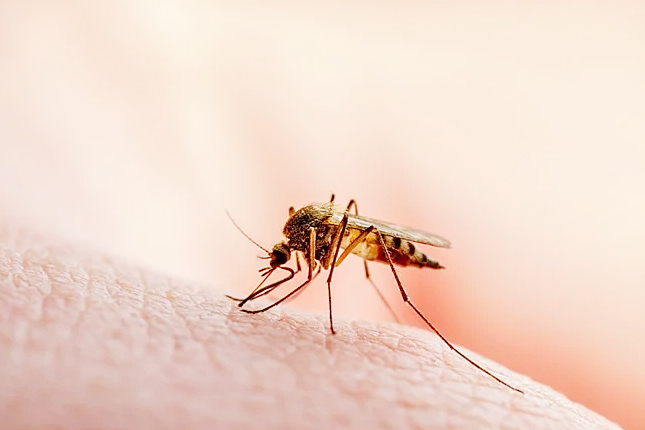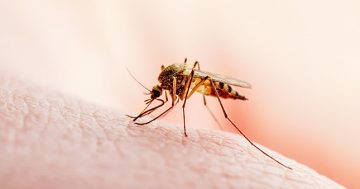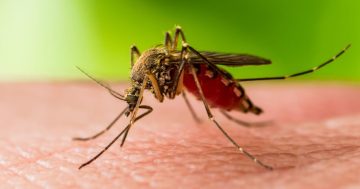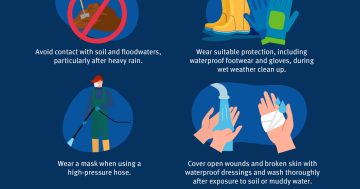
Torres and Cape Hospital and Health Service is urging Cape York residents to avoid mosquito bites. Photo: Supplied.
While mosquitoes are more prevalent across the Cape in the wet season, Torres and Cape Hospital and Health Service (TCHHS) is warning residents and visitors to start covering up now.
“Across our region, we have already had cases of mosquito-borne infections this year, including Ross River virus, malaria and dengue fever,” public health medical officer Dr Helen Pedgrift said.
“Our neighbours in Papua New Guinea are also affected.
“As the region prepares for the coming wet season, Torres Strait, Cape York and Northern Peninsula Area residents should take all possible precautions to avoid being bitten by mosquitoes.”
Infection with mosquito-borne diseases may cause illness ranging from mild to very serious.
Illness may include flu-like symptoms such as:
- pain in muscles and joints
- rashes
- headaches
- fever.
“No matter the time of year, or the conditions, our advice to local communities remains the same,” Dr Pedgrift said.
“The very best protection against mosquito-borne diseases is to avoid being bitten by mosquitoes in the first place.
“Council mosquito control measures, public education campaigns and vaccination if available for the condition can only do so much.
“All residents also need to do their part and take action to eliminate mosquito breeding sites on their properties and protect themselves from mosquito bites.”
Personal protective measures include wearing light-coloured long-sleeved shirts and long pants wherever possible, using personal insect repellent containing DEET (di-ethyl toluamide) or Picaridin, which tend to last longer than other repellents, depending on the concentration.
It’s safe for pregnant women to use DEET and Picaridin but repellents usually only protect against mosquito bites for up to four hours. Oil of lemon eucalyptus also can be used.
Around the home:
- Use long-lasting ‘surface’ or ‘cockroach’ insecticide spray in places where mosquitoes can hide
- Use other mosquito protection devices such as electric zappers and mosquito coils
- Install insect screens in good working order or sleep under a mosquito net day and night
- Tip out water from containers weekly or dry store containers under cover and discard rubbish properly.
Under the Public Health Act 2005, your local council can fine you if your home or yard promotes mosquito breeding.
Even mosquito bites that do not transmit diseases can be harmful. Bites can be irritating and itchy, causing some to scratch until they break their skin, leading to secondary infection.





